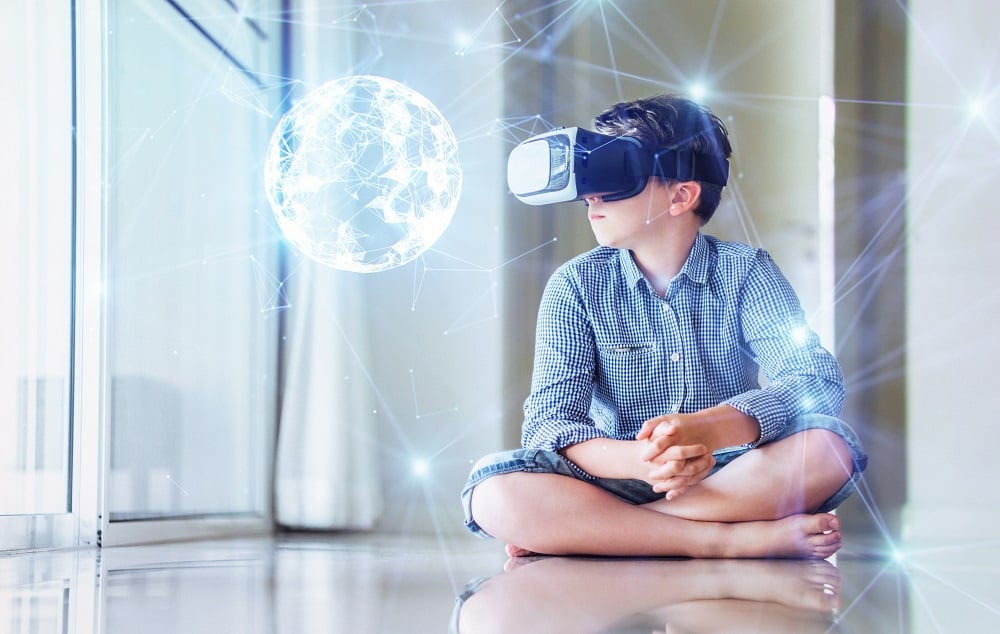It is well-known that motivation plays a very important, if not the most important part in the learning process. Educators know that if they can connect learners with ideas and concepts that motivate them to discover more, there is a very high probability of successful outcomes amongst students.. But what role does virtual reality (VR) play in this, especially now that the government of New Zealand has announced that VR will be implemented in all schools for the upcoming year 2020?

VR helps with visualization and increases the connection between learner and concept. While in a VR environment, the learner has the opportunity to drive his or her own learning. Ideally in this environment, students move through the modules at a speed which is conducive for their own learning styles and needs. Each student would naturally find areas where they may require extra time or instances when they are confident in their knowledge of the subject matter and can move more quickly through it. Unlike a video or a teacher-centered lesson, the control is in the hands of the student, allowing them to set their own pace. This increases their motivation because they are the agents of their own learning.
In a perfect world, modules would be mapped to the curriculum, ensuring that the material is at a suitable level for the learner, and that mastery of a concept is at least obtainable. It is very unmotivating to be confronted with materials that are too difficult and which contain vocabulary beyond a student’s current level. This can cause them to lose interest and disengage with the material. Likewise, for students who have quickly grasped the material, it is demoralizing to be presented with redundant, previously-learned information which renders the whole exercise meaningless. It is a tricky balance, but one that needs to be attended to in order to secure a proper relationship between learner and study materials 1.
There are a number of ways in which VR can help fill gaps in the learning process. For example, it provides another method to work or interact with a concept. Additionally, it provides a valuable new way to visualize a conceptually challenging idea, which in turn increases the possibility that students willmore deeply understanding concepts which may not be clearly comprehended. It is unlikely that VR would replace traditional instruction, but it offers opportunities to assist and enhance the learning process.
New Zealand Discover more with RobotLAB VR Kits!
Check our VR kits and travel with your students from the comfort of your classroom!
1 https://www.veative.com/blog/benefits-of-vr-in-schools-motivate-students



Comments